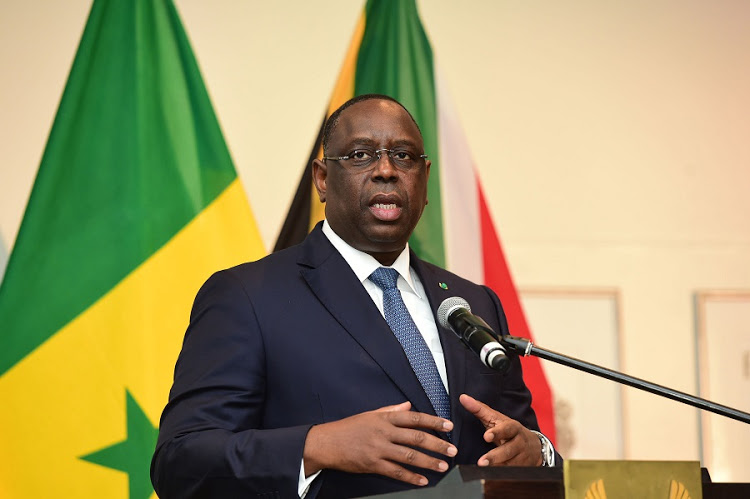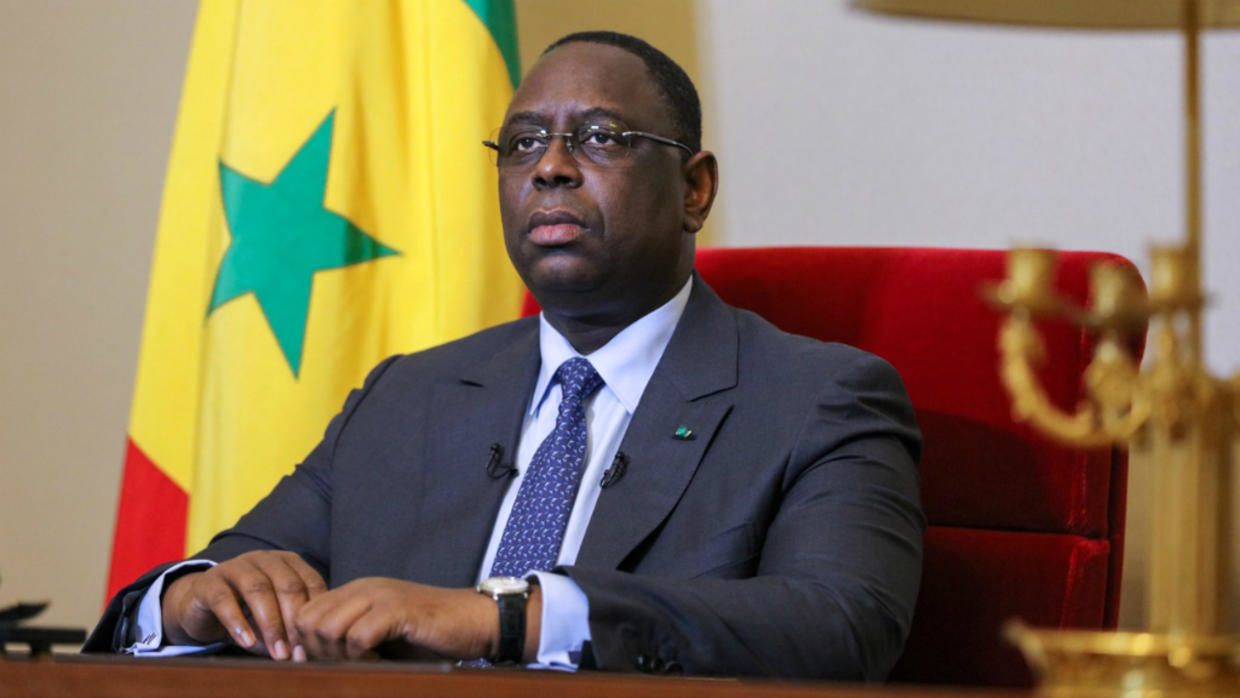Senegal Fosters Financial Inclusion With Local Companies in the Energy Sector
Since the discovery of major petroleum reserves in Senegal between 2014 and 2017, the country has been a strong advocate for positioning local content and capacity building as the key to unlocking industry growth. While Senegal does have existing local content requirements under its New Petroleum Code of 2019, the emerging petroleum player differentiates itself from other producers because it has the lead time to create local capacity in support of its oil and gas sector before it happens, rather than as an afterthought. In this sense, the country has placed a major focus on developing in-country financing capabilities necessary for training, up-skilling and engaging local companies and individuals.

A new local content law was set to be signed by President Macky Sall in the first quarter of 2020, yet COVID-19 has since delayed the implementation of the reform, and the country has turned its attention to its Economic and Social Resilience Program, which seeks to encourage public-private partnerships, lend macroeconomic and financial assistance and support private sector recovery. With first oil and gas set to flow in 2022, many local financial institutions have yet to put in place a strategy to leverage Senegal’s growing hydrocarbons market. To satisfy operators’ needs and international performance requirements, companies operating locally require funding to up-skill the indigenous labor force, yet very few local banks are able to provide viable terms and conditions, forcing local companies to find alternative financing methods. Improving access to funding for small and medium enterprises (SMEs) will be critical to assuring local participation in the country’s emerging hydrocarbon sector and enabling them to compete for offshore service contracts.
Read also:Sparkle Business Launches Mobile App to Support SMEs in Nigeria
“Financing economic opportunities for local content will help meet the goals and vision of the Local content policies advocated by President Macky Sall. The road to shared economic prosperity in the oil and gas industry and Senegal travels through two-way streets, where all are included, and none are left in the margins of the marketplace” says NJ Ayuk, Executive Chairman of the African Energy Chamber.
The quantifiable gaps in opportunity and in access to capital for local companies should define the agenda of the oil and gas industry execution of the upcoming projects”. Concluded Ayuk
In an effort to increase financial inclusion, Senegal has taken advantage of its strong mobile penetration, in which over 32% of adults have a mobile money account. Meso-finance aims to serve as the missing link for financing in emerging African economies by targeting companies whose needs cannot be met by microfinance or commercial banks. Meso-finance is an attractive model for SMEs that struggle to invest in training and new equipment due to limited access to financial resources.
Several commercial banks – including Bank of Africa and Orabank – are currently implementing specific offers to target SME development across sectors, with the underlying goal of fuelling demand for petroleum-related services. Access to financing for SMEs is also being developed by the private sector and foreign partners.
Invest in Africa (IIA) is an organization of major operators Woodside Energy, BP, Cairn and Kosmos Energy, aimed at developing local content capacity across the energy value chain. IIA unites several partner banks and financial institutions in an effort to lower the risk associated with backing local ventures, thereby increasing their own access to affordable, well-equipped local service providers and suppliers. As the market moves forward and more local players are called in, synergies between the private financial sector and the government will be critical to achieving shared local content goals.
Kelechi Deca

Kelechi Deca has over two decades of media experience, he has traveled to over 77 countries reporting on multilateral development institutions, international business, trade, travels, culture, and diplomacy. He is also a petrol head with in-depth knowledge of automobiles and the auto industry



